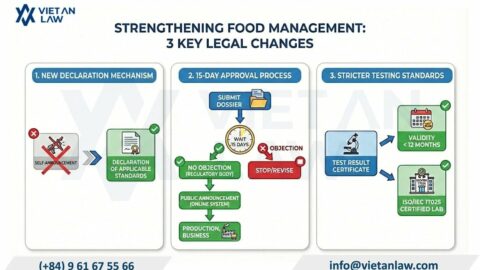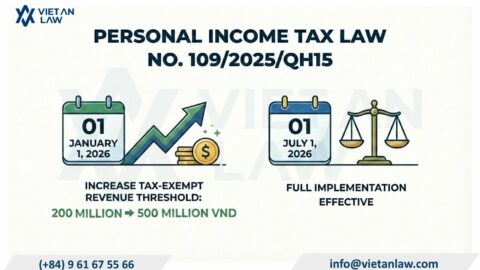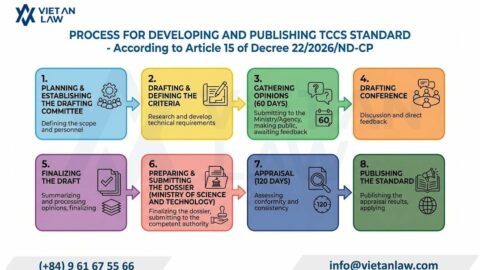The Law on Credit Institutions 2024 was passed by the Vietnam National Assembly at the 5th Extraordinary Session of the 15th National Assembly. After the session, following the provisions of the Law on Promulgation of Legislative Documents, the authorities conducted a technical review of the document. In the article below, Viet An Law Firm will represent the highlights of Law on Credit Institutions 2024.

Table of contents
The Vietnam Law on Credit Institutions 2010 contributed significantly to management efforts and created a stable legal environment for the banking system. Specifically, the regulations in the law have:
However, after more than 12 years of implementation and an amendment in 2017, some provisions of the Law are no longer suitable for current realities. Furthermore, to meet the increasing demands for financial and credit management aligned with new circumstances and international standards, it is necessary to amend the Vietnam Law on Credit Institutions 2010. Specifically:
The newly issued Vietnam Law on Credit Institutions consists of 15 Chapters with 210 Articles. Compared to the previous law, which only had 10 Chapters with 163 Articles, the 2024 Law has increased the number of chapters and articles.
Chapter II on policy banks has been added, and the Chapter on handling bad debts and secured assets for bad debts has been moved ahead of the Chapter on restructuring, dissolution, and bankruptcy. Additionally, the Chapter on special control, mandatory transfer, and bankruptcy of credit institutions under special control has been split into two chapters: (i) Handling cases of mass withdrawals from credit institutions (Chapter XI); and (ii) Special loans (Chapter XII).
In Clauses 10, 12, 13, 28, 31, 36, 39, 42, 43, and 44 of Article 4, the Law on Credit Institutions 2024 provides new definitions for terms such as controlling company, specialized finance company, general finance company, mass withdrawals, mandatory transfer methods, letters of credit, supporting credit institutions, charter capital, statutory capital, and allocated capital.
Regarding the use of banking terms, the Law on Credit Institutions 2024 adds the terms “microfinance institution” and “people’s credit fund”, which were not previously recognized. Accordingly, non-credit institutions and foreign bank branches are not allowed to use terms such as “microfinance institution” or “people’s credit fund” in their names, titles, or any part of their names or titles in documents or advertisements if the use of such terms might mislead customers into thinking they are credit institutions or foreign bank branches.
According to Clause 2, Article 49 of the Vietnam Law on Credit Institutions 2024, shareholders owning 1% or more of a credit institution’s charter capital must provide the following information to the institution:
According to Article 102, before making small-value credit decisions, credit institutions must have at least the following information about the lawful use of funds and the customer’s financial capacity:
Clause 5 of Article 15 of the Vietnam Law on Credit Institutions prohibits credit institutions, foreign bank branches, managers, executives, and employees from linking the sale of non-mandatory insurance products with the provision of banking products or services in any form.
The Vietnam Law on Credit Institutions 2024 takes effect on July 1, 2024, except for Clause 3 of Article 200 and Clause 15 of Article 210, which take effect on January 1, 2025.
The Vietnam Law on Credit Institutions 2010 (as amended in 2017) will cease to be effective from the date the 2024 Law takes effect, except for provisions in Clauses 1, 2, 3, 4, 8, 9, 12, and 14 of Article 210 of the Law 2024.
For legal consultation on the Vietnam Law on Credit Institutions, civil law, corporate law, and related amendments, please contact Viet An Law Firm for the best support.




